From a critic’s standpoint, the year wasn’t anything to write home about. But certainly, there were a slew of movies that told a story; not by its dialogues or narratives, but with some awe-inspiring visual effects.
These were the releases that made headlines also for its stunning VFX, garnering critical appraise from all quarters. Some of these are even in the race for the 2018 Oscars in the same category, a further testimony to their quality.
Below mentioned are the top five such releases of the year
Valerian and the City of a Thousand Planets
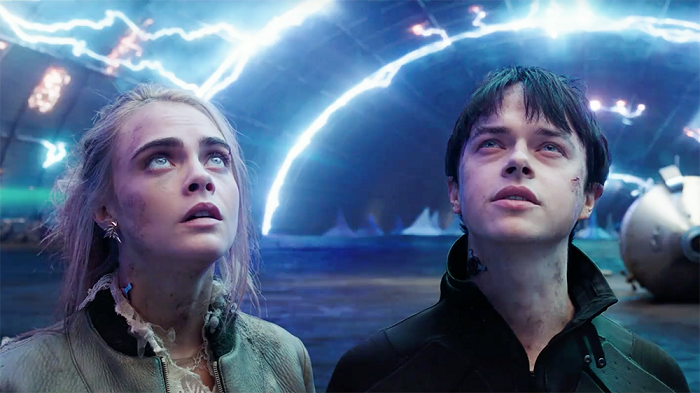
Luc Besson’s ambitious space odyssey turned out to be an irresponsible wreckage, but garnered rave reviews for its pristine visual effects which was perhaps, the only saving grace of the film.
Valerian thrived in its impeccable displays of extra-terrestrial creatures and picturesque outer world settings through which the plot sifted. Every single scene was crafted with VFX of top drawer quality (2700 VFX shots in all), providing a thoroughly satiating visual delight.
Such an astronomic scale of computerisations accounted for $250 million of investments going into the project. Whilst it failed to reimburse the mammoth sum, it did however, lay an unwavering claim to the Best VFX silverware at the upcoming Academy Awards.
Thor: Ragnarok
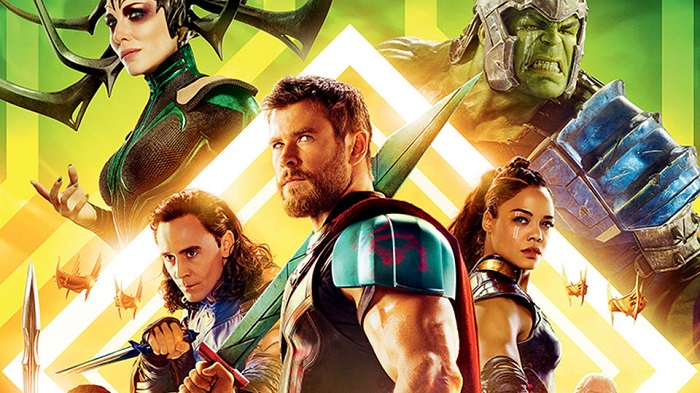
Packed to the rafters with nerve-wracking moments, one of the instrumental reasons for Ragnarok’s resounding success was its stunning VFX. Like Valerian before it, the Marvel blowout was shot extensively on the green screen and later embellished with eye-catching visuals that added to the high-octane actions.
Some of the highlights were the opulent clips of Asgard kingdom, the inter-universe space transit, the adrenaline-gushing climax battle scene and the whatsit flashback scene to name a few.
Industrial Light and Magic, Double Negative, Digital Domain, Framestore were among the ensemble VFX roster who put together one of the most thrilling visual set-ups of the year.
Star Wars: The Last Jedi
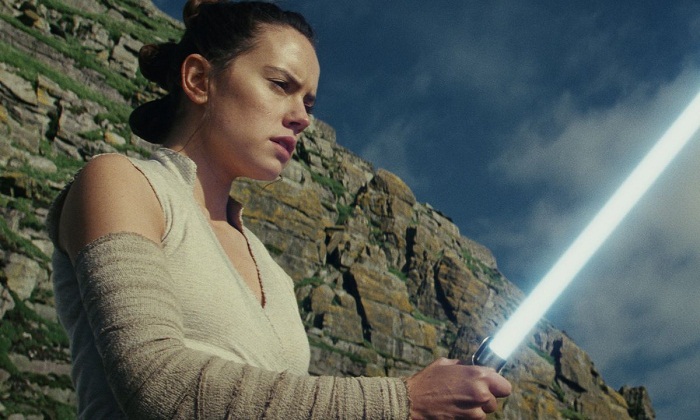
As it is the norm always, the eighth episode in the Star Wars saga continued its tradition of narrating an epic space adventure through rabble-raising VFX, interspersed with clashes of illuminating light-sabers, heart-pounding clone wars, the eye-catching Jedi temple, outer galaxy visions and so, so much more.
The Last Jedi was the last, and the most apt release to finish the year on a high, but it’s the spellbinding visuals that propelled the overall experience further up the thrill-o-meter by a notch or two.
Blade Runner 2049
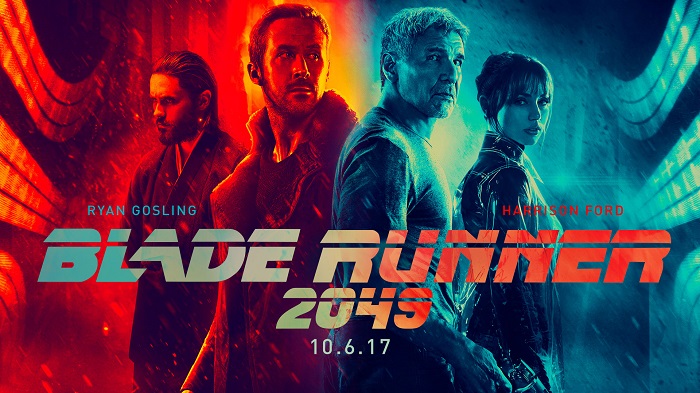
No movie divvied up the critique lobby across the globe quite as much as Denis Villeneuve’s sequel to the 1982 Ridley Scott classic. However, they and the fans alike, sung from the same hymn-sheet when it came to the enthralling visual effects produced to create the futuristic settings of 2049.
The movie captures K’s, the new Blade Runner on the charge, journey to apprehend all the rogue applicants. Every location he traverses is a work of CGI and VFX, for there aren’t any actual landscapes that the movie is shot on.
The best bits of the digitisation are the alluring Wallace Corporation headquarters dotted with maze-like cubicles, as well as the dusty portrait of the city, or Joi’s occasionally flickering holographic avatar.
A visual extravaganza by all accounts.
Wonder Woman
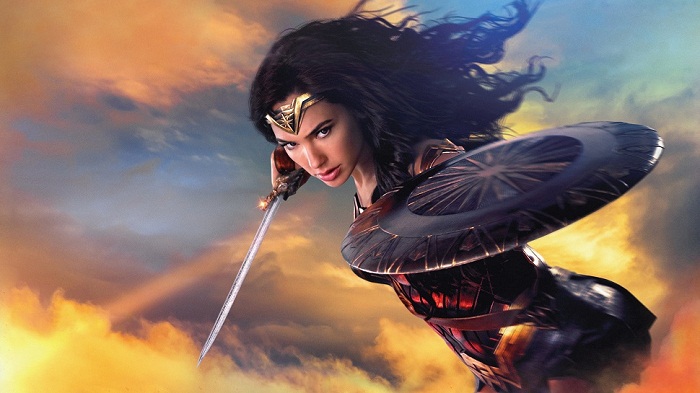
The anchor to DC’s sinking ship, Wonder Woman wasn’t just a blockbuster by trade, but also a feast to the eyes. Packed with gripping special effects, the viewing was at its breath-taking best whenever the scene involved the kingdom of Themyscira or other locations in the Amazon’s hinterland.
The battle between Diana and the antagonist Ares, is a complicated muzzle of CG but never threatens to overstay its welcome, giving a fitting end to what was a true DC classic.
Double Negative and MPC headlined a competitive VFX team.
Also a shout out to Spider-Man: Homecoming, Guardians of the Galaxy Vol. 2 and War for the Planet of the Apes for pulling off some VFX blinders of their own!
